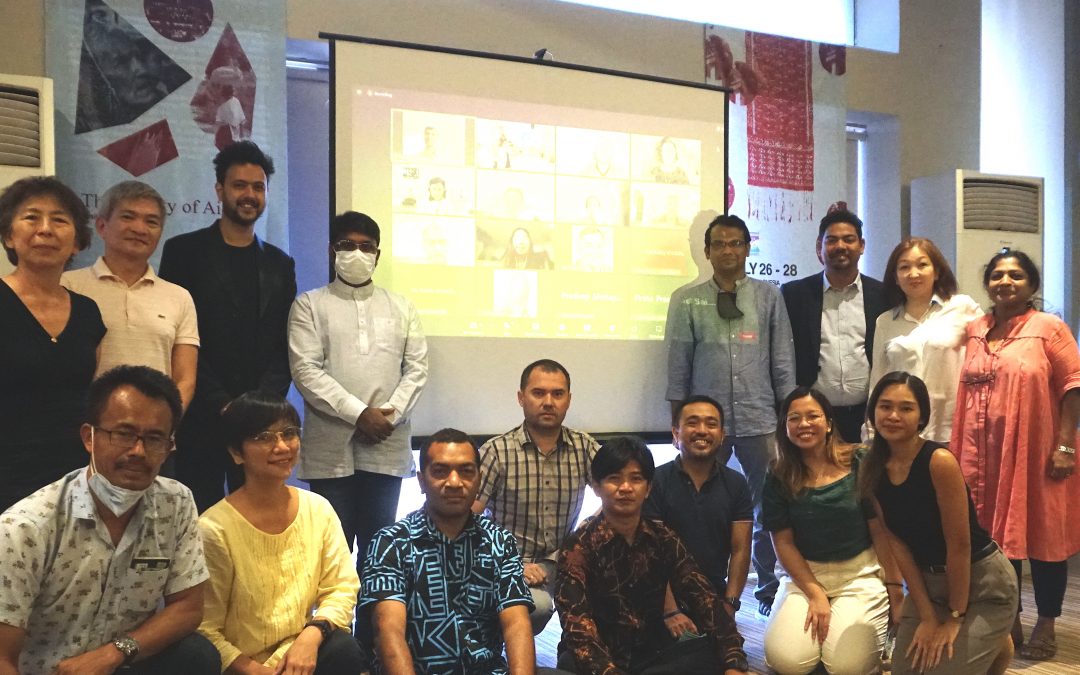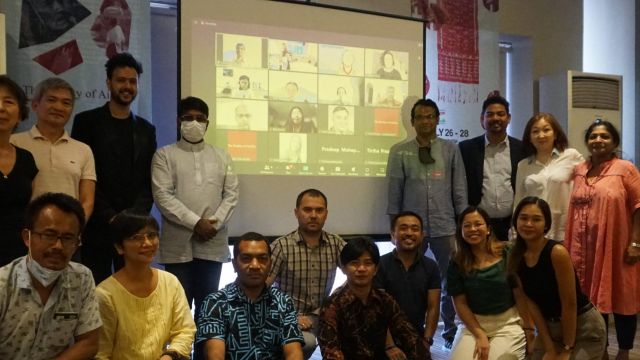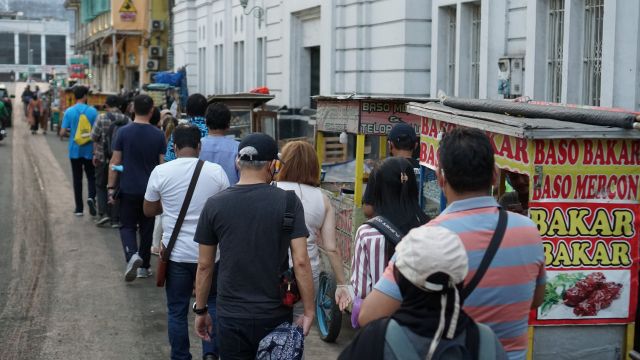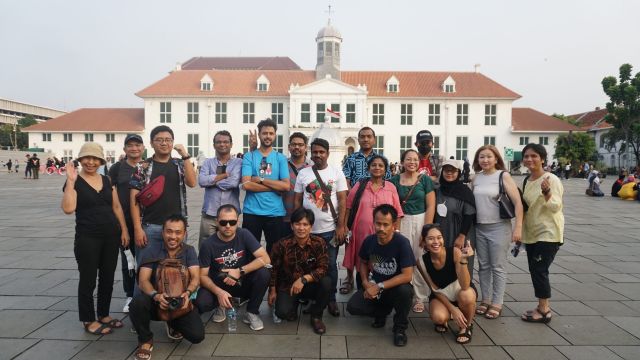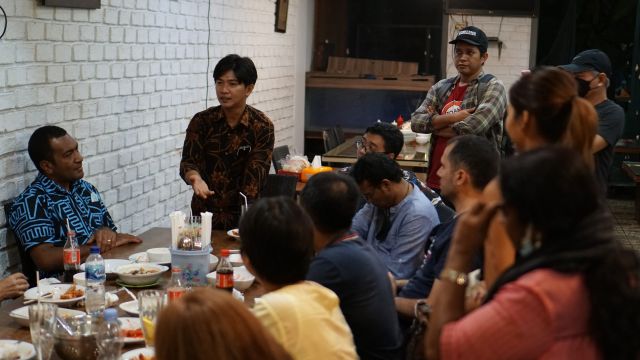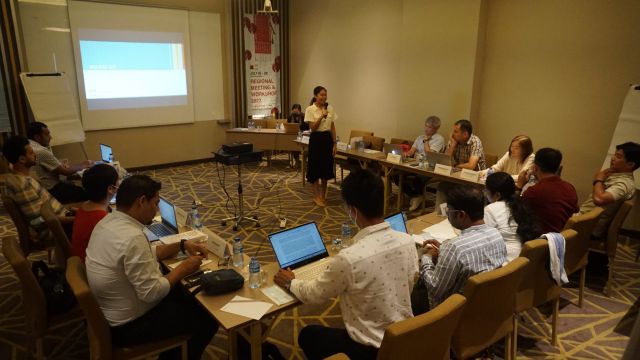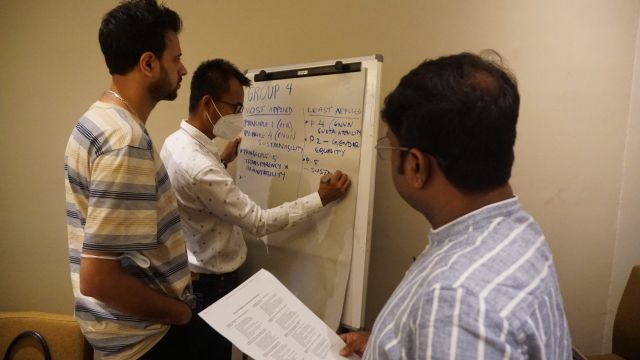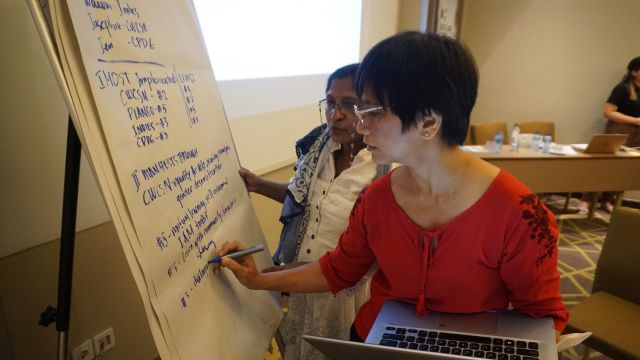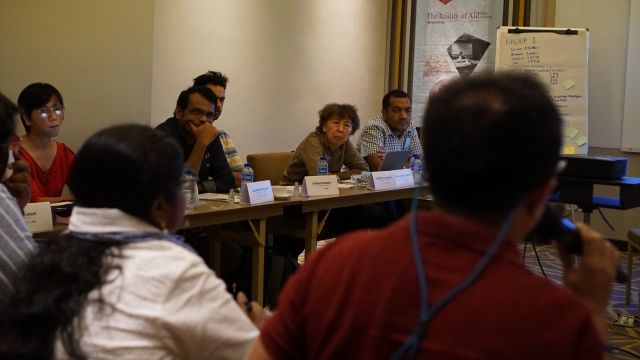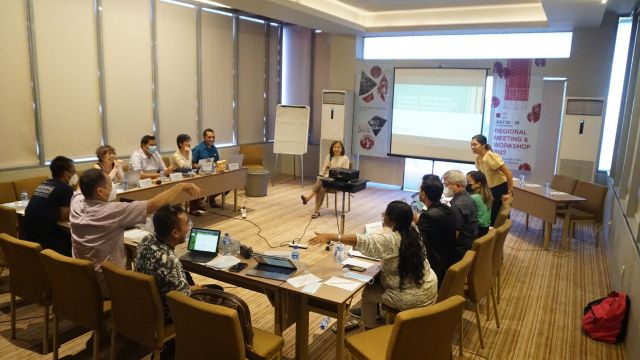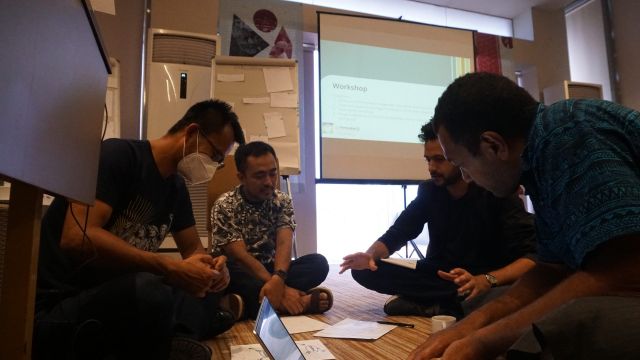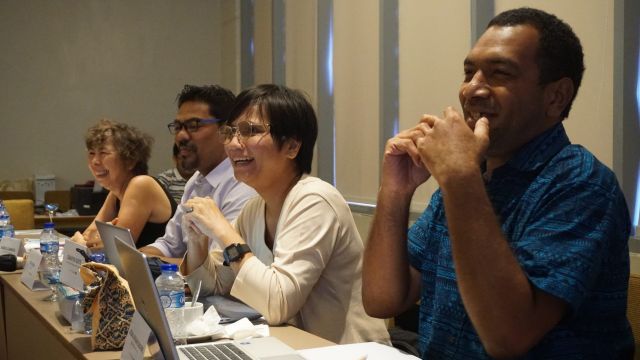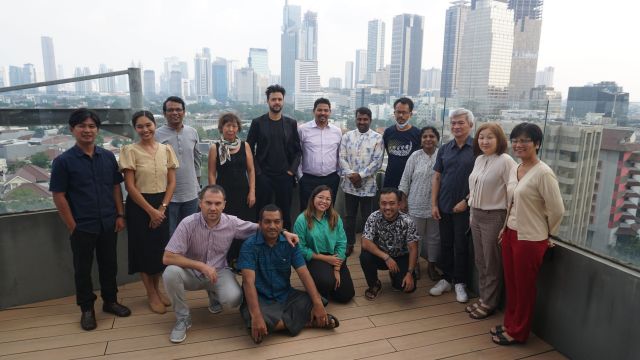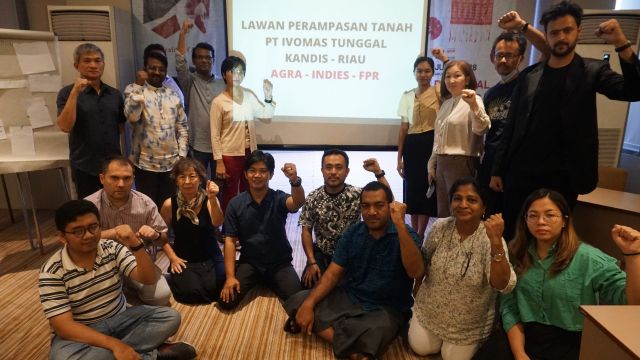The Reality of Aid-Asia Pacific (RoA-AP) and the Asia Constituency of the CSO Partnership for Development Effectiveness (CPDE Asia) hosted their first hybrid Regional Meeting and Workshop entitled “Forging through Crises, Fostering Solidarities” in Jakarta, Indonesia from July 26 to 28, 2022.
Advancing alternatives
The hybrid Regional Meeting aimed to foster camaraderie among members and facilitate discussion on key topics and institutional matters. RoA-AP Chairperson Jahangir Hasan Masum delivered the opening remarks for the event. He mentioned how current narratives based on prevailing development paradigms have negatively impacted the region and highlighted the need to develop an alternative narrative. He says, “If we cannot form a good narrative against their strong narrative, we really cannot change the context that we are currently living in.”
To elaborate further on today’s context, the sub-regional representatives discussed how development actors’ responses to urgent issues impact aid flows and sustainable development in the region. The policy discussion revolved on the thematic priorities of the network for 2022. In the face of multidimensional crises faced by the region, we see the lack of aid being disbursed towards climate programs and conflict-affected states.
Ikrom Mamadov discussed the impact of the Russian invasion of Ukraine on the disbursement of aid and the current economic crisis felt by the region. In responding to the pandemic and its impacts, Nina Kao highlighted how Asia-Pacific donors have continued to prioritize their security and economic interests over the needs of their neighbors. Marie-Jose Saade emphasized the context of the Middle East and North Africa, with donors failing to address root causes of conflict. In the Pacific, Josaia Jirauni Osborne notes that climate commitments are not upheld as financing remains insufficient to assure mitigation measures crucial to the communities’ survival. Md. Mujibul Haque Munir stressed the role of international finance institutions (IFIs) in facilitating debt distress, negatively impacting emerging economies and the marginalized. Lastly, Nyi Nyi Aung demonstrated the role of people’s movements that continue to demand rights-based and people-centered development despite continuing shrinking civic spaces.
The RoA-AP and CPDE Asia Secretariat then shared updates on the recent activities of the network on policy and advocacy, monitoring and analysis, capacity development, coordination and outreach. With this, the members, both online and in-person, relayed their feedback to the Secretariat. The meeting was concluded by welcoming six new members to the network, introducing them to the rest of the membership.
The first day ended with a solidarity activity arranged by the Institute of National and Democracy Studies (INDIES), the local partner and member. INDIES facilitated a tour around Jakarta, including a discussion on Indonesia’s history and issues of development faced by the urban poor and workers in the city and the rest of the country.
Examining CSOs’ effectiveness
The second day of the Regional Meeting and Workshop provided space for CSOs to assess their adherence to the Istanbul Principles. Based on CPDE’s Development Effectiveness Review, a workshop was conducted to identify the most and least implemented Istanbul Principles among Asian CSOs, and how they can better fulfill these principles. An output of this review will be an Action Agenda that demonstrates Asian CSOs in furthering their commitment to the Istanbul Principles.
Enhancing capacities
The Network and Project Management Workshop was held during the last two days of the event. The workshop was designed to address the needs of the participants, focusing on certain aspects of the workshop designed by the CPDE Global Secretariat. With this, there were discussions and group activities facilitated with the participants, wherein they were able to share their own processes and experiences in managing networks and implementing projects. Common challenges, best practices and ways to improve were shared to collectively improve CSOs’ work. The workshop ended with a Lessons Learning portion to allow for sharing and further feedback on the events conducted. Chinara Aitbaeva, CPDE Asia Focal Point, provided a synthesis on the activities conducted in Jakarta and relayed closing remarks.

